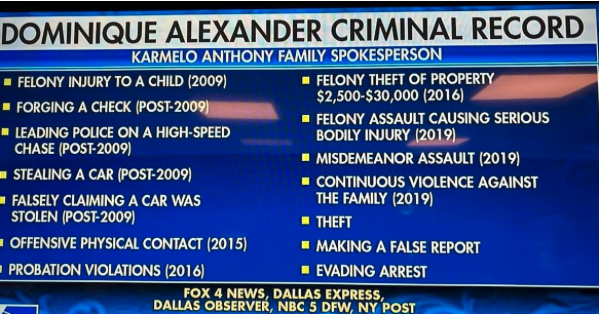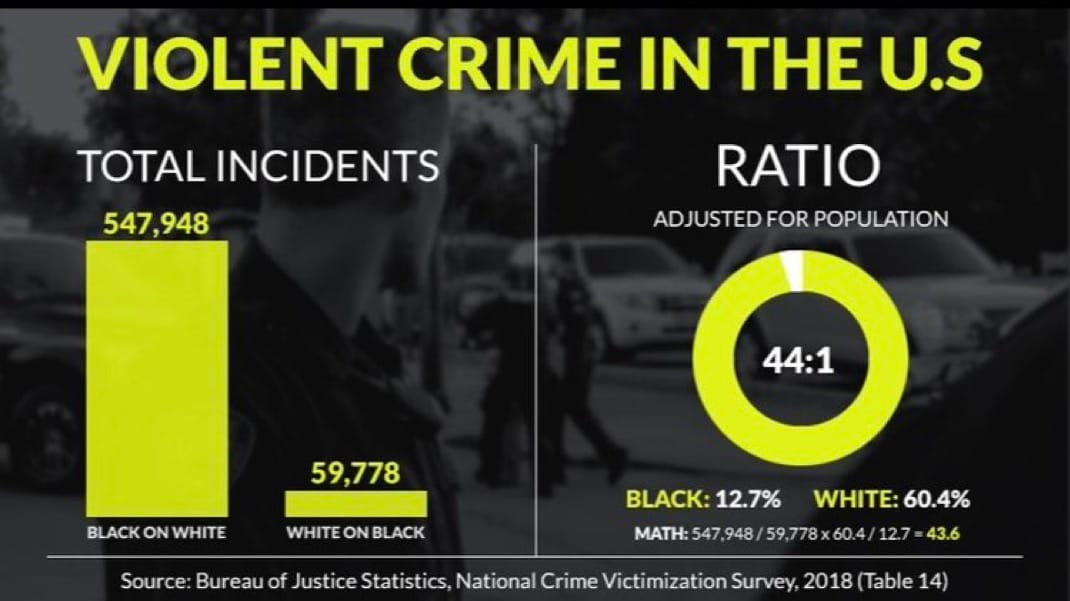On April 2, 2025, two young men stood at the edge of a decision neither could reverse.
During a rain delay at a UIL track meet in Frisco, Texas, 17-year-old Karmelo Anthony fatally stabbed 17-year-old Austin Metcalf in what began as a dispute over something as mundane as a team tent.
Austin died in the arms of his twin brother. Karmelo was arrested and charged with first-degree murder.
Since then, the internet has been doing what it does best—spinning narratives, assigning blame, and leveraging identity to turn tragedy into ideology. But strip away the noise, and one truth remains: this wasn’t a story about race. It was about choices.
What Actually Happened
According to the police affidavit, Karmelo—a student-athlete from Frisco Centennial High School—sat under Memorial High’s team tent.
Austin, a student from Memorial, asked him to move. It escalated. Words were exchanged. Witnesses say Austin made brief physical contact, prompting Karmelo to say, “Punch me and see what happens.”
Then came the decision.
Karmelo reached into his backpack, pulled out a knife, and stabbed Austin in the chest. One second. One choice. One life ended.
Karmelo later told police, “I did it,” and asked if it could be considered self-defense.
Under Texas law, self-defense requires a clear and imminent threat—not a minor physical altercation. A push is not a lethal threat. A tent dispute is not a justification for a blade.
It Wasn’t Racism. It Was Rot.
Predictably, some turned to the race narrative. Black aggressor, White victim.
A perfect storm for outrage. But when you force race into situations that aren't racially motivated, you distract from the root cause: personal failure.
There was no racial slur. No motive rooted in hate. Just a lack of impulse control, poor decision-making, and a deeply ingrained cultural issue with conflict resolution.
When you remove the individual from the equation, you remove the one place where change can actually happen.
The Grift Behind the Curtain
This is where the story shifts from tragedy to theatre.
Enter Dominique Alexander—Karmelo Anthony’s family spokesperson. A multi-time convicted criminal and professional protest organizer, Alexander is known for inserting himself into racially charged narratives to gain visibility and influence.

His record includes fraud, theft, assault on a minor, and obstruction of justice. Yet here he is again, painting a convicted killer as a misunderstood victim.
And it’s working—at least financially.
The Anthony family raised over $514,000 through GiveSendGo. That money, rather than going toward legal fees or restitution, reportedly funded a brand new Escalade and a move into a luxury home in a gated community.
This isn’t justice. This is commodified outrage.
When tragedy becomes a business model, the people with real grievances are robbed of the attention they deserve. And the cycle continues—pain, profit, repeat.
Parenting is the Real Privilege
You don’t carry a knife to a school event unless something’s broken in how you were raised.
Karmelo didn’t need a better attorney—he needed a better example. The root of this event isn’t race, nor is it the system. It’s the absence of guidance, the glorification of violence, and a culture that tells young Black boys they are victims before they’ve ever been held accountable as men.
We are failing to raise men who can regulate emotion, avoid unnecessary conflict, and walk away when they have everything to lose.
And now one child is dead. The other will likely spend his life in a cage. Two families, broken. Not by racism. By a lack of discipline.
Black America Got Loud—And Got It Wrong... Again
In today’s outrage economy, facts are boring. Identity is currency. And responsibility is optional.
That’s how a killer gets half a million dollars in donations. That’s how a criminal becomes a spokesperson. That’s how a high school stabbing becomes a national debate instead of a local reckoning.
Online commentary even targeted Austin’s father, Jeff Metcalf, accusing him of "disrupting the narrative" at a press conference. He was escorted out and later became the target of a swatting incident. Meanwhile, Dominique Alexander took the podium to redirect the story from tragedy to agenda.
Meanwhile, Jeff Metcalf has stated that he has forgiven Anthony for what he has done and suggested that everyone else does the same.
While noble, Jeff doesn't understand the poor state of Black America and our lack of accountability of our own people.
This Is What Black America Must Face
Here’s the uncomfortable truth: the greatest threat to young Black men is not police brutality. It’s poor choices reinforced by poor leadership—inside the home and in public discourse.
According to FBI data, over 3,000 Black Americans were murdered in 2023—over 85% by other Black Americans. There’s no outcry. No marches. No fundraisers. No press conferences with convicted criminals spinning the story for cash.

Accountability doesn’t trend. But it’s the only thing that heals.
Black America needs to stop making room for behavior that damages its own. The path forward isn’t in defending violence—it’s in mentoring boys before they become men who make permanent decisions off temporary emotion.
Moving Forward
This wasn’t about racism.
This was about what happens when we stop holding young men accountable for their actions—and start rewarding them for their mistakes.
One life is gone. Another is permanently altered. And a community is divided because too many people would rather be loud than right.
If we want to change that, we start by rejecting the grift, silencing the noise, and teaching boys what true strength looks like: restraint, responsibility, and reason.
Until then, the cycle continues.



